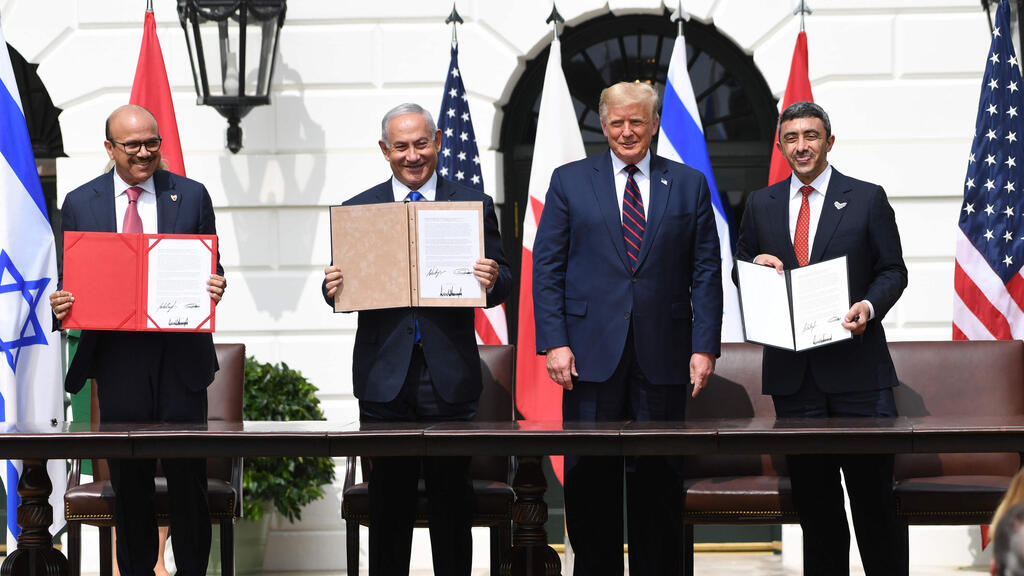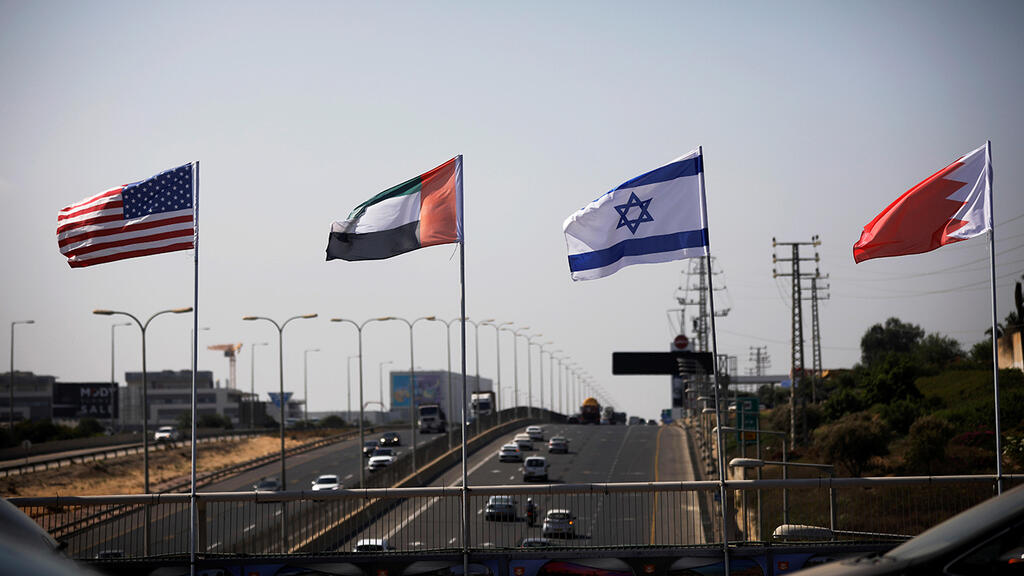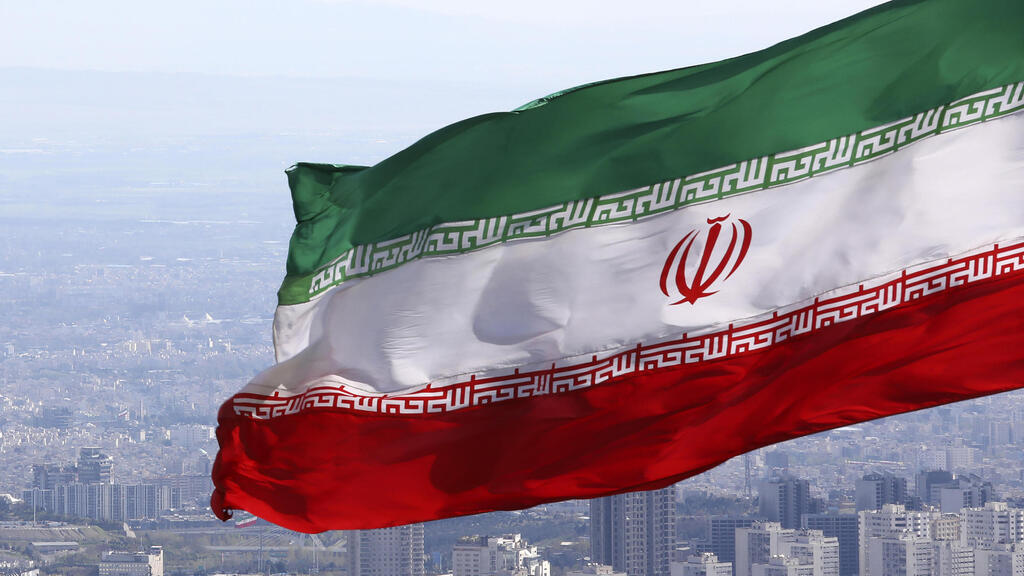When Israel normalized relations with several Arab countries in August 2020 as part of the Abraham Accords, there was great surprise. Cooperation which was once only practiced behind the scenes was suddenly in the spotlight. Previously unthinkable, ties between Israel and the United Arab Emirates (UAE), Bahrain and Morocco were now out in the open.
Surpassing expectations, ties between the countries have strengthened significantly in a short period.
3 View gallery


Bahrain FM Abdullatif al-Zayani, Benjamin Netanyahu, Donald Trump, and Emirati FM Abdullah bin Zayed Al-Nahyan at the signing of the Abraham Accords in 2020
(Photo: AFP)
With Israeli leaders hosting U.S. President Joe Biden this week, the issue of regional security cooperation will take center stage. The mere anticipation of a statement on possible progress toward normalization between Israel and Saudi Arabia during President Biden’s visit is a testament to the great change in the region.
The Biden White House has repeatedly said it wants to further promote Israel’s integration into the Middle East.
The surge in security cooperation in a wide range of fields, especially between Israel and the UAE and Bahrain, is unprecedented and will likely deepen, experts say.
Further pushing the cooperation is the American move to switch its military coordination with Israel from its European command center to CENTCOM, the United States Central Command, whose area of responsibility includes the Middle East, as well as Egypt in Africa, and Central Asia and parts of South Asia. This means that Israeli military representatives are working together with the country’s newly found allies and existing adversaries which do not even recognize the Jewish state, including Saudi Arabia.
Since ties were established, Israel has held several military drills with the armies of Arab states. Last year, Israel, the U.S., the UAE and Bahrain held a naval drill in the Red Sea. Maritime security is a mutual interest that brings the sides closer together.
The signal to Iran was clear.
Amidst a tumultuous period in the region, the benefits of cooperation for both sides are great.
“The Gulf states have small and relatively inexperienced militaries. Israel can contribute a lot of know-how,” said Dr. Moran Zaga, an expert on the Gulf region at Mitvim – The Israeli Institute for Regional Foreign Policies. “For Israel, it means getting geographically closer to Iran. For both sides, the partnership can help against regional threats that are not Iran, such as Iranian proxies or even ISIS and other elements.”
While a pre-emptive Israeli strike on Iranian nuclear facilities hinges on many complex factors, alliances with Tehran’s neighbors certainly enhance its abilities.
“For Israel, as soon as it is not isolated in terms of security, this completely changes its position,” Zaga added.
Still, the open nature of the relations is new and both sides are cautious.
“There are a lot of obstacles,” said Prof. Joshua Teitelbaum from the department of Middle Eastern Studies at Bar-Ilan University, “There is sharing of intelligence, sources and methods. For both sides, they will want to be cautious about what they are sharing. However, the Iranian threat makes them more willing to undertake the risk that is involved in security cooperation.”
Israel sees Iran as its arch enemy. While the threat may be perceived differently in the Gulf, there is also a concern in those countries about Iran’s intentions.
Since ties have been made official, there have been scores of mutual visits, both of military and other security bodies. Israel is reportedly set to send a military attaché to Bahrain. The ambiguity regarding the appointment is a testament to the delicate nature of the new relations.
But in a testament to their strength, figures released by Israel’s Defense Ministry earlier this year show that the Abraham Accords countries made up 7% of Israel’s defense exports in 2021.



